10 Home Remedies for Burning Feet: Find Relief Naturally
“Burning feet” is the term we use to describe the uncomfortable sensation when our feet feel hot and painful. Medical professionals refer to this feeling as “burning feet syndrome” (BFS). Burning feet syndrome is linked to different underlying health issues, which includes diabetes. The good news is that there are natural remedies for burning feet and ways in which you can manage this at home.
Read on to learn how to perform 10 effective home remedies for burning feet and to understand more about the causes of burning feet syndrome.
10 Natural Remedies for Burning Feet
Depending on the cause of your burning feet sensations, you can reduce the discomfort with cold therapy, compression socks or stockings, foot soaks, and other home solutions. Here are 10 of the best, evidence-based solutions for burning feet.
1. Wear Compression Socks
There is no known cure for BFS, which is also known as Grierson-Gopalan syndrome. However, using the RICE method (rest, ice, compression, elevation), particularly compression, can help improve blood flow in the lower legs while also reducing feelings of numbness, tingling, and burning. Moreover, if you suffer from inflammation in the feet, scientists have found that compression socks reduce inflammation by reducing the levels of inflammatory proteins.
Another benefit of compression socks is that the graduated pressure stimulates blood flow away from the legs and towards the heart. This is how compression socks help prevent swelling and fluid build-up in the lower legs, according to medical studies. This is particularly relevant for those who suffer from neuropathy (nerve damage that leads to pain or tingling) and for diabetic patients.
Soothe aching feet with compression socks.

2. Try Cold Therapy
To counteract burning feelings in the feet, cold water or an ice bath help ease your pain in the short term. Spend 10-15 minutes with your feet in cold water or water with ice to get temporary relief and help bring down inflammation in the lower legs and feet. However, people with certain medical conditions should not perform this. If you are uncertain, please consult your medical provider. You can also use some ice packs on your feet while resting and elevating them, which can also help reduce inflammation and swelling.
3. Utilize Foot Soaks
Soaking your feet in a bath with Epsom salts is known to deliver temporary relief and feelings of relaxation and restoration. It’s a great remedy after a long day spent on your feet, or after running or walking long distances, too. Moreover, scientific research found that soaking your feet in warm water can improve peripheral circulation and help reduce your pain, especially if you have neuropathy.
4. Switch to an Anti-Inflammatory Diet
When we look for long-term solutions, there are reasons to believe that BFS can be caused by your diet. Systemic inflammation can be one of the symptoms of diabetes, heart disease, inflammatory bowel disease, peripheral neuropathy, and other conditions. In these cases, certain foods may cause inflammation that can manifest into burning feet over time, especially if it is our nerves that become inflamed.
Here are some of the most common inflammatory foods:
- Red meat and processed meat (like bacon, sausages, etc.)
- Bread and pasta made with white flour and added sugar
- Deep fried food
- Beverages sweetened with sugar (like soda, bottled tea drinks, sports drinks, etc.)
- Foods with high added sugar content (like pastries, candy, and jelly)
- Commercial baked goods (like cookies, brownies, snack cakes)
- Trans fats
Reducing or eliminating your intake of these types of foods can gradually improve your overall health and reduce inflammation throughout the body. An anti-inflammatory diet can also reduce pain, according to a landmark 2023 study. There are also anti-inflammatory supplements and herbal remedies you can try, which we discuss later.
Stay active and supported thanks to compression socks for running and walking.

5. Prioritize Hydration
Good life hygiene, including a healthy diet and hydration levels, can help reduce the symptoms of burning feet and improve your overall wellbeing. When it comes to hydration, drink around 11.5 cups (2.7 liters) of water for women and 15.5 cups (3.7 liters) for men, according to the Mayo Clinic.
Also, include the recommended level of salts and minerals. This will help to keep your blood flowing well throughout the body. It reduces the risk of blood and lymph fluid pooling in the extremities, creating pressure, pain, and burning feelings. Good hydration also reduces pain levels, which are especially common if you have neuropathy (one of the causes of burning feet sensations).
6. Elevate Your Feet
We have mentioned the RICE technique for relieving foot burning and pain. One element of that is elevation, which is most effective when you lift your feet above heart level when resting. This can facilitate blood flow out from your legs to reduce swelling and could reduce aches and pains. Combining elevation with compression is effective for relieving symptoms of burning feet at home.
7. Get Your Body Moving
Generally, moving and keeping a healthy, active lifestyle reduces the risk of swelling, discomfort, and burning sensations in the lower legs. This is because regular exercise improves blood flow overall to prevent fluid from building up at the periphery and causing problems.
However, those suffering from more severe health problems, such as peripheral neuropathy, Morton’s neuroma, complex regional pain syndrome, or Charcot-Marie-Tooth disorder, will find it more difficult to simply change to a more active lifestyle (especially if they have not had one before). Work with a physical therapist and your doctor to see what type of movement is best for you.
8. Research Herbs and Supplements
There are various herbal remedies that could prevent or soothe inflammation, especially when taken as part of a healthy, varied diet. The same is true of supplements, but we suggest that you should always speak to a medical professional to ensure you take the right ones.
Burning feet are often associated with low levels of vitamins B6, B9 and B12. These vitamins support a healthy nervous system. Research has suggested that increasing your levels of B-vitamins could reduce pain symptoms, especially in those with peripheral neuropathy. You can prioritize eating foods rich in B-vitamins, such as leafy greens, fatty fish (like salmon), and eggs. Alternatively, using supplements could improve your symptoms.
Turmeric is great for fighting inflammation in the body, according to medical research. It can be effective in reducing pain, too. It’s easy to consume as a seasoning to your meals, in turmeric drinks (such as tea or, more recently, turmeric lattes), and it can be taken as a dietary supplement.
Other anti-inflammatory natural remedies include apple cider vinegar (which can combat bacteria and microbes, and some people even add it to their foot soaks), ginger, and capsaicin (found in chili peppers). Topical creams containing capsaicin are sometimes effective, or lidocaine patches (a local anesthetic).
Improve peripheral circulation in compression stockings.

9. Get a Foot Massage
If you are suffering from burning feet because of trapped nerves or poor blood flow, getting a foot massage can offer great relief. People who have diabetes often have peripheral circulation problems, so they can benefit from massaging the soles of the feet, as well as the toes, the top of the feet, and the ankles. The affected area for burning sensations can also extend up the lower legs, so a thorough massage will get the blood moving to reduce inflammation and soreness.
10. Invest in Proper Footwear and Orthotic Inserts
Comfortable shoes are essential for foot comfort, so ensure that you have the right support for your joints and feet. People with diabetic neuropathy will also need extra support from their shoes - so avoid sandals and flip flops (which can expose the feet to stings and scrapes). High heels can also make foot pain worse and will put high pressure on the nerves and joints.
It may help to consult a podiatrist and analyze your gait (walking pattern) to see if your foot posture can be improved to reduce your burning feet feelings. Podiatrists can also prescribe custom orthotics that reduce nerve pain and make shoes more comfortable.
What Causes a Burning Sensation in the Feet?
So, what is the reason you suffer from burning feet? Very often, people with diabetes or neuropathy are diagnosed with burning feet or Grierson-Gopalan syndrome, but there are many more who encounter this condition. Here are the most common causes.
Chronic Illness
Diabetes and diabetic neuropathy (with nerve damage) are one of the leading causes of burning feet. Further, people with a history of high blood glucose levels are at a higher risk of BFS.
Other illnesses linked to burning feet syndrome include autoimmune disorders (such as rheumatoid arthritis), kidney failure, or alcohol use disorder.
Certain Medications
Some chemotherapy drugs may cause damage to the nerves, leading to peripheral neuropathy, which can then cause burning feet syndrome. You could also experience burning feet as an allergic reaction to medication - in which case, you should investigate with your doctor.
Vitamin Deficiency
People with low levels of vitamin B6, B9 and B12 may experience burning feet syndrome, especially if they have peripheral neuropathy. You should have a blood test to assess key vitamins and minerals and then discuss supplementation needs with your doctor.
Foot Injuries and Conditions
Foot injuries can lead to nerve damage and, subsequently, to burning feet syndrome. Tarsal tunnel syndrome, Morton’s neuroma, or even infections like athlete’s foot are all associated with the burning, itching, and tingling sensations.
Athlete’s Foot
This fungal infection occurs in runners who have been sweating during their workouts. Feet that stay in humid, hot environments may be affected. The symptoms are burning, itching, and stinging between the toes, on the soles of the feet, and sometimes up the top of the feet as well.
When to Speak to Your Doctor
In all cases mentioned above, it is wise to consult with a medical professional to get an opinion around how to manage and treat symptoms of burning feet. In the beginning, you may experience burning feet simply from overheating, strenuous exercise, or other momentary conditions. However, if you continue to experience burning feet often and for prolonged periods of time accompanied by other sudden changes, then you should speak to a doctor as soon as possible.
References
Moñux, G., Serna-Soto, M., Plá-Sanchez, F., Zamorano-León, J. J., Segura, A., Rial, R., Freixer, G., Zekri-Nechar, K., Hugo-Martínez, C., Serrano, J., & López-Farré, A. (2021). Compression stockings attenuate the expression of proteins associated with vascular damage in human varicose veins. Journal of vascular surgery. Venous and lymphatic disorders, 9(2), 428–434. Read it here.
Mosti, G., Picerni, P., & Partsch, H. (2012). Compression stockings with moderate pressure are able to reduce chronic leg oedema. Phlebology, 27(6), 289–296. Read it here.
Vakilinia, S. R., Vaghasloo, M. A., Aliasl, F., Mohammadbeigi, A., Bitarafan, B., Etripoor, G., & Asghari, M. (2020). Evaluation of the efficacy of warm salt water foot-bath on patients with painful diabetic peripheral neuropathy: A randomized clinical trial. Complementary therapies in medicine, 49, 102325. Read it here.
Takahashi, Y., Okura, K., Kaga, M., & Yoshioka, M. (2022). Effects of half-body and foot baths on peripheral circulation in healthy adult males: a pilot study. Journal of physical therapy science, 34(10), 652–656. Read it here.
Sala-Climent, M., López de Coca, T., Guerrero, M. D., Muñoz, F. J., López-Ruíz, M. A., Moreno, L., Alacreu, M., & Dea-Ayuela, M. A. (2023). The effect of an anti-inflammatory diet on chronic pain: a pilot study. Frontiers in nutrition, 10, 1205526. Read it here.
Bear, T., Philipp, M., Hill, S., & Mündel, T. (2016). A preliminary study on how hypohydration affects pain perception. Psychophysiology, 53(5), 605–610. Read it here.
Stein, J., Geisel, J., & Obeid, R. (2021). Association between neuropathy and B-vitamins: A systematic review and meta-analysis. European journal of neurology, 28(6), 2054–2064. Read it here.
Peng, Y., Ao, M., Dong, B., Jiang, Y., Yu, L., Chen, Z., Hu, C., & Xu, R. (2021). Anti-Inflammatory Effects of Curcumin in the Inflammatory Diseases: Status, Limitations and Countermeasures. Drug design, development and therapy, 15, 4503–4525. Read it here.
Tavee, J., & Zhou, L. (2009). Small fiber neuropathy: A burning problem. Cleveland Clinic journal of medicine, 76(5), 297–305. Read it here.
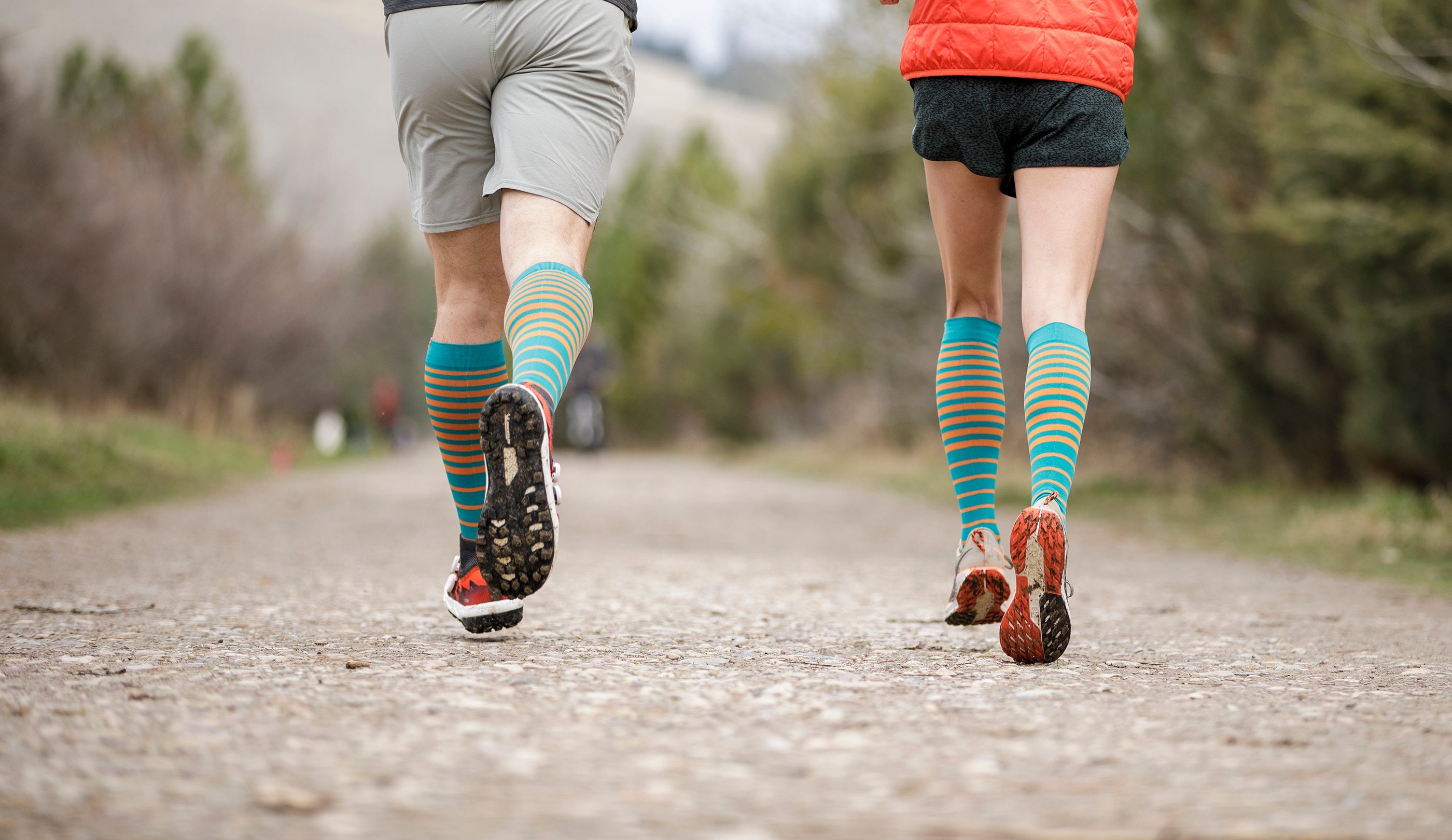
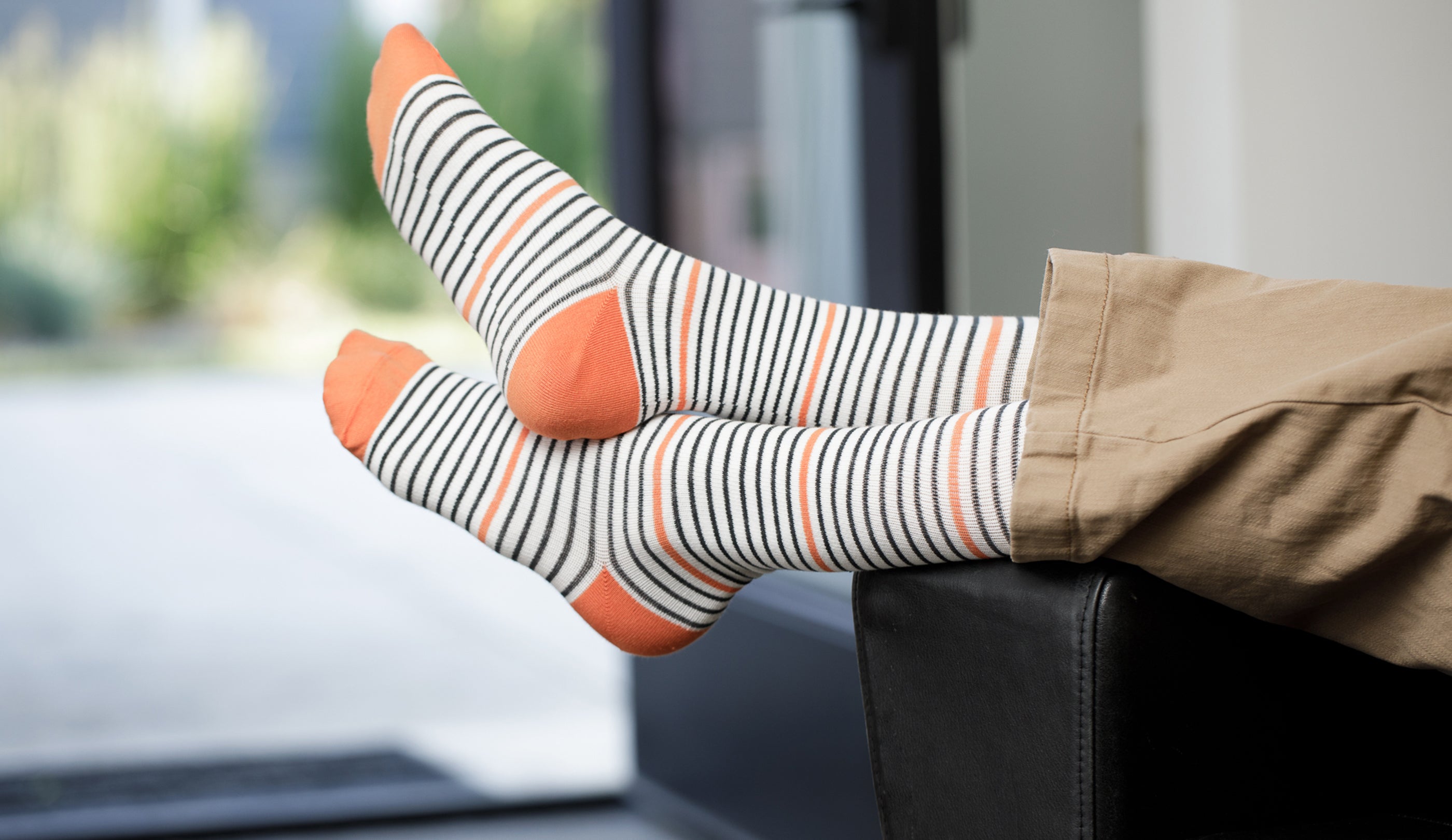
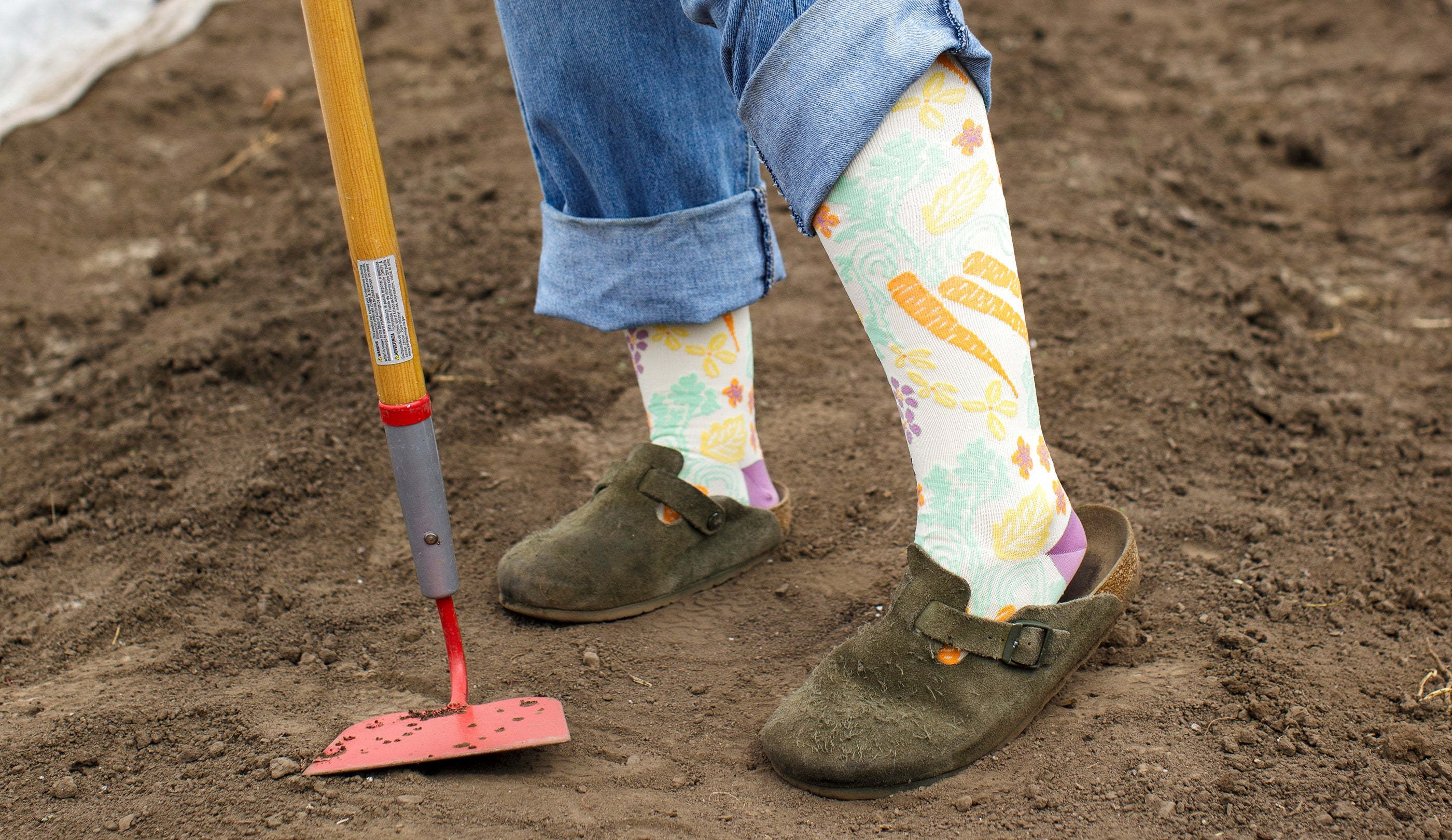
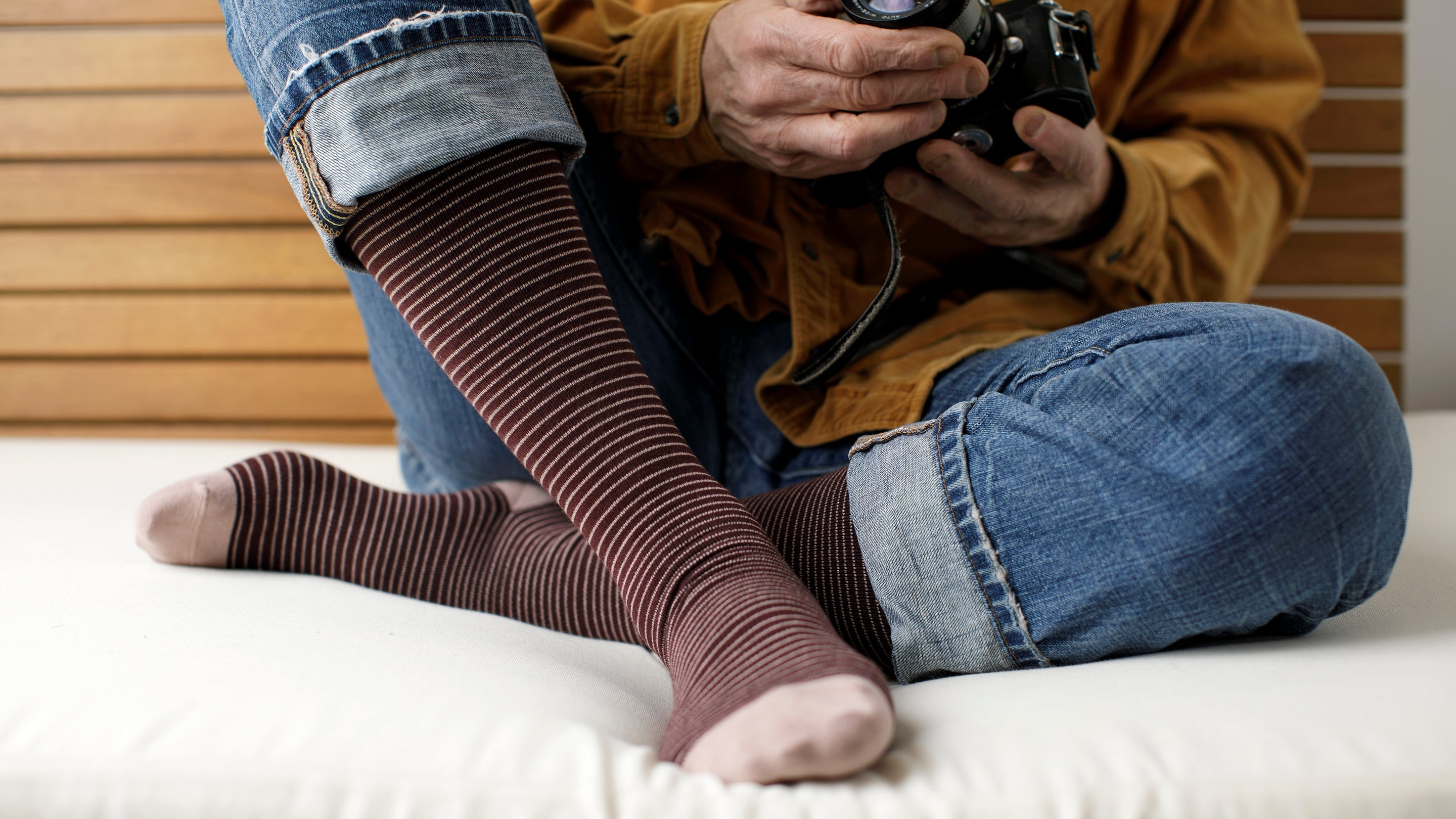



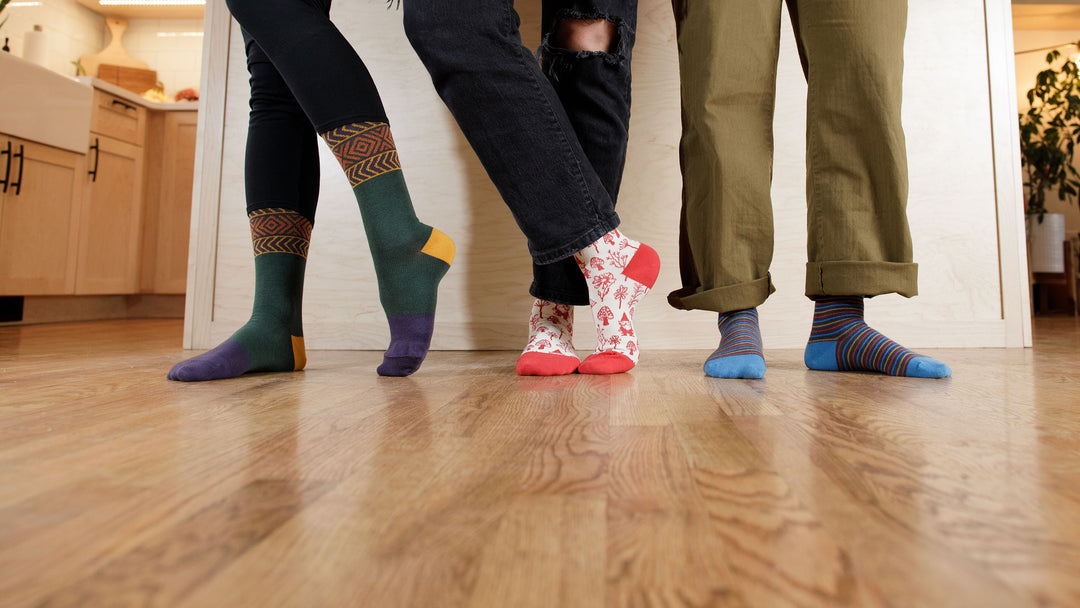

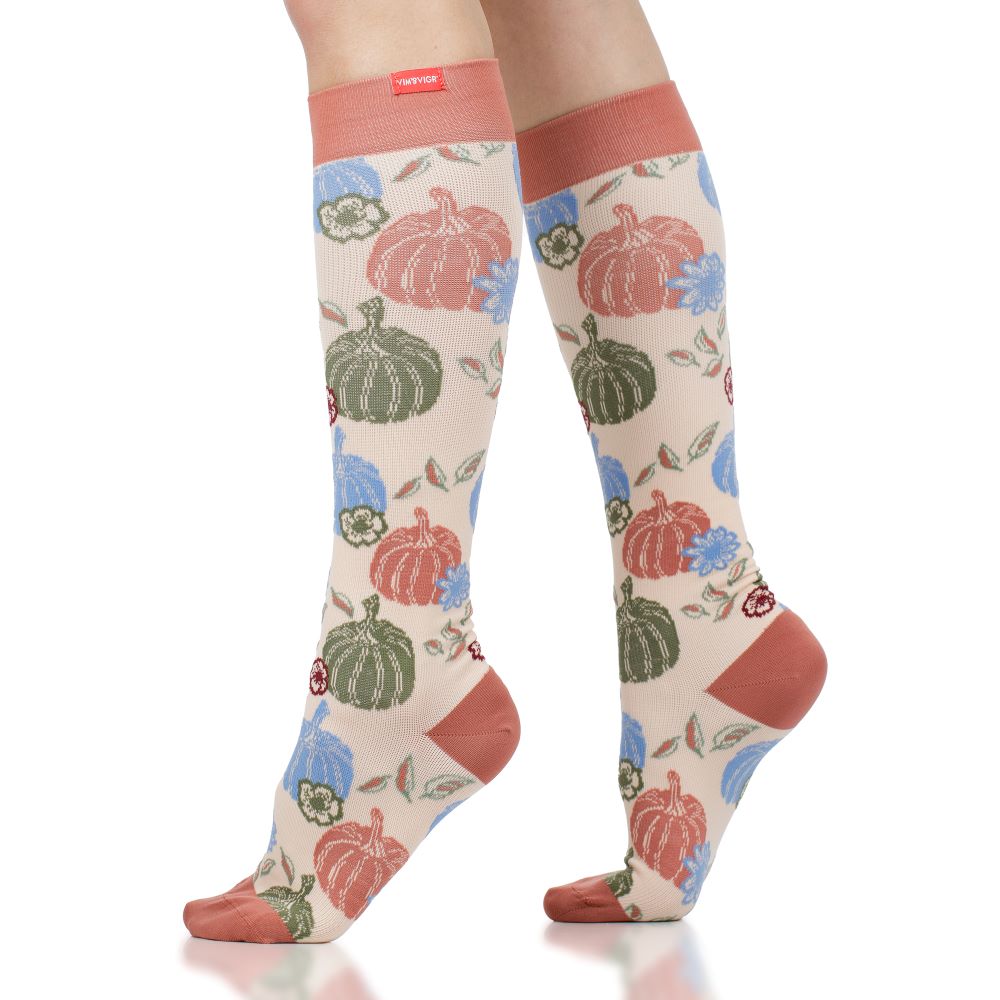
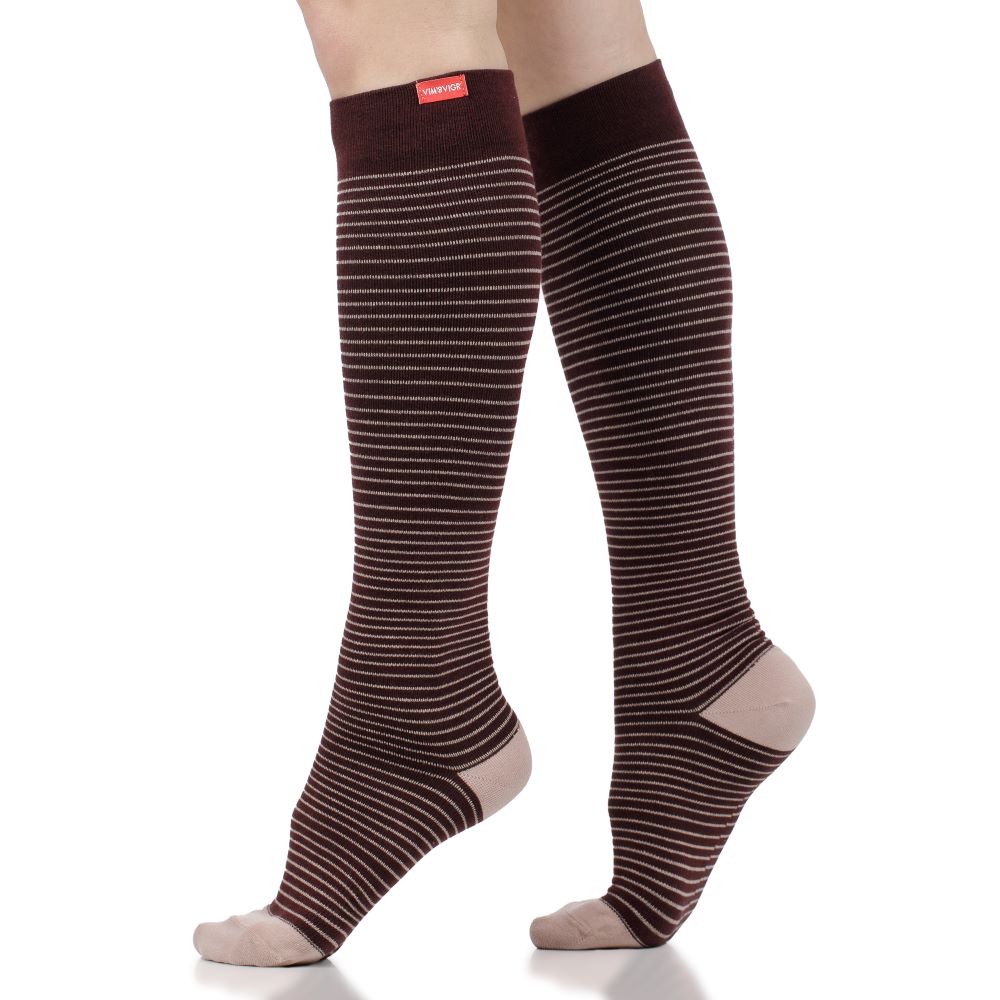
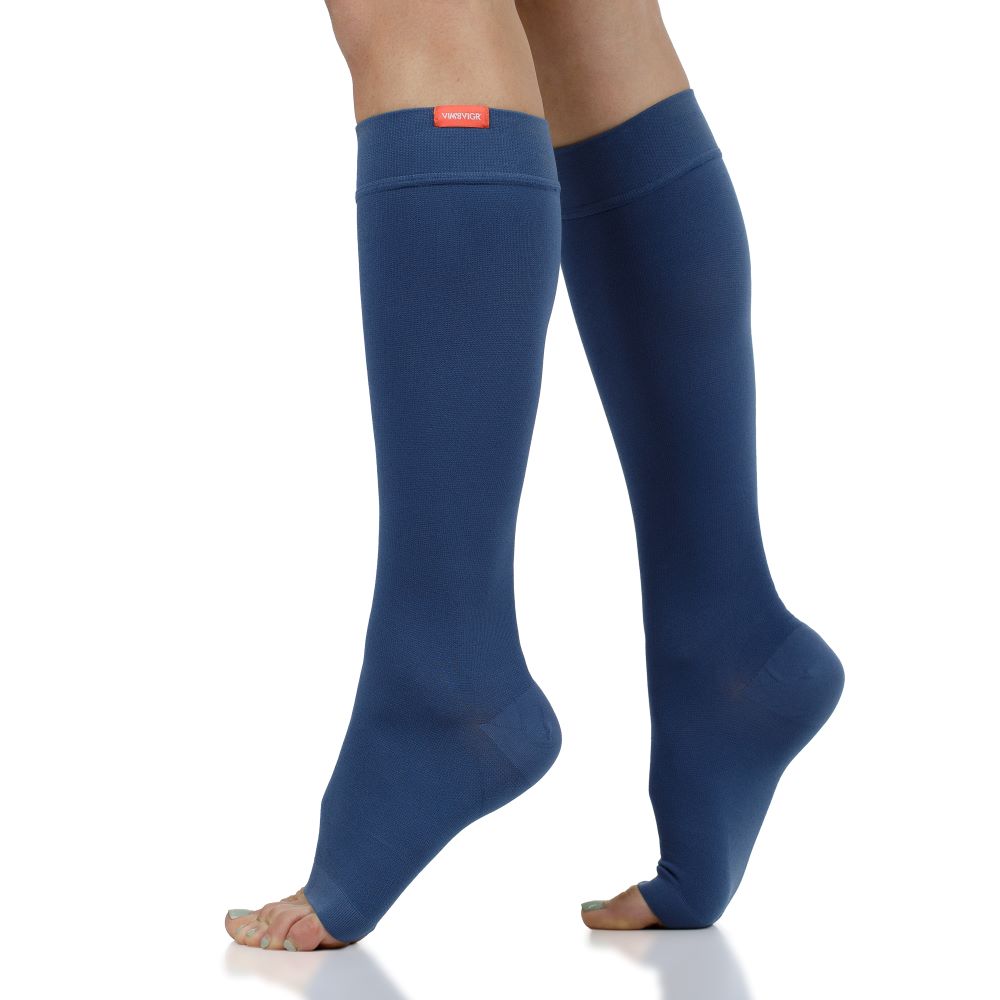



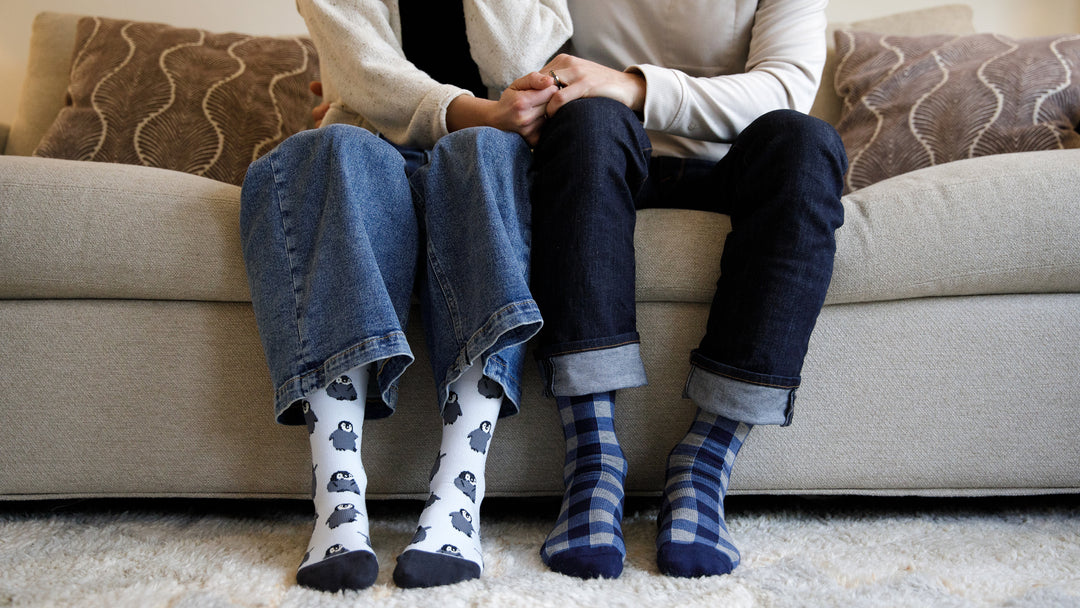
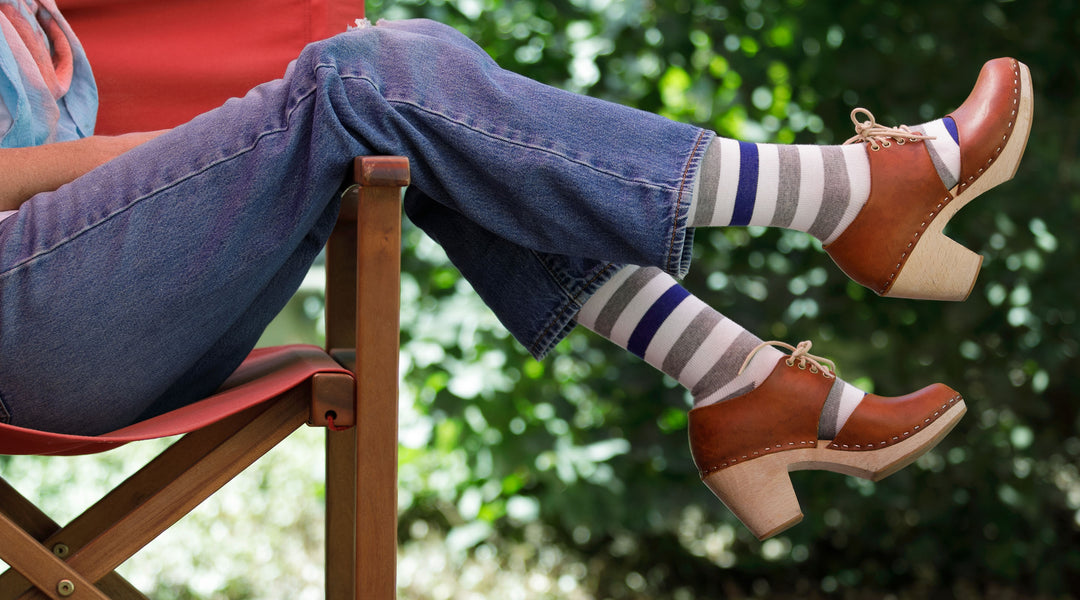
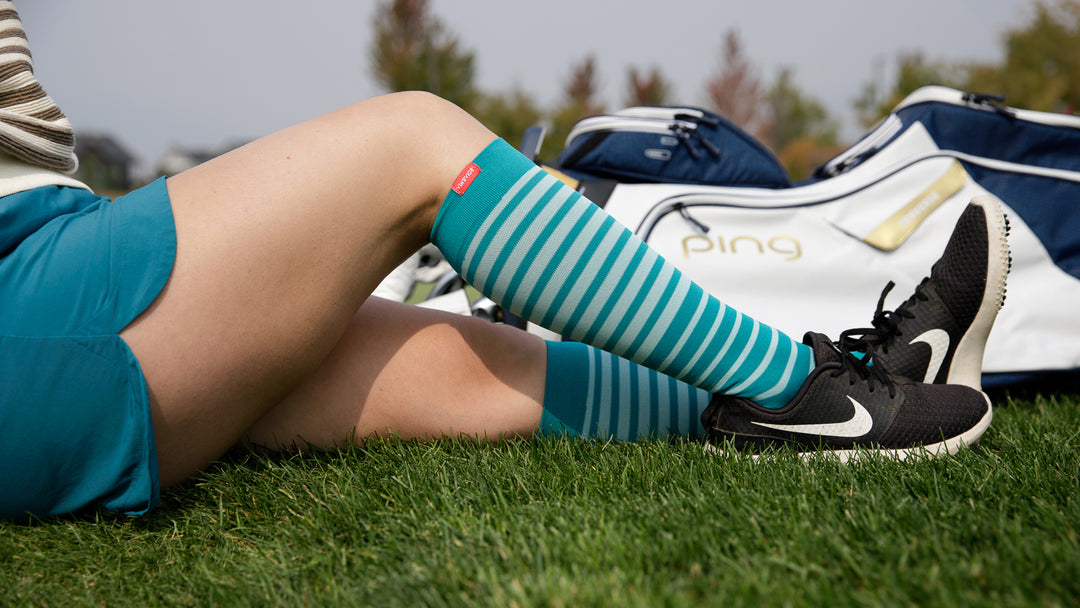
Leave a comment